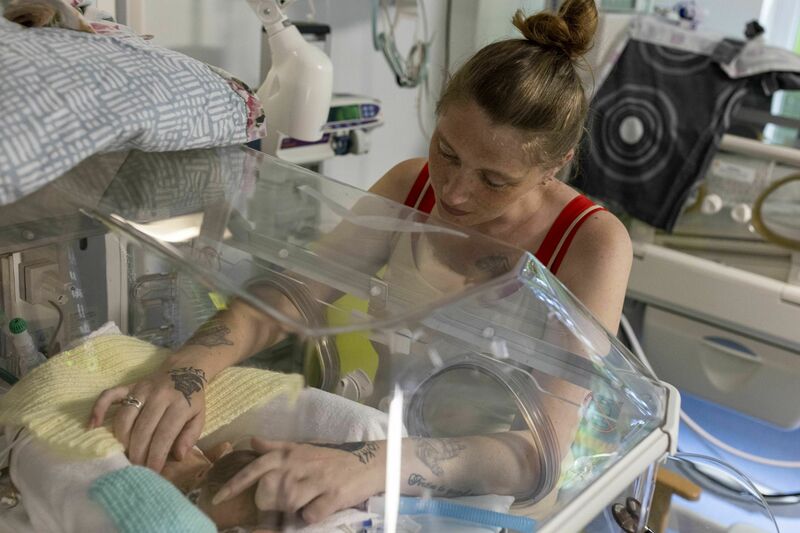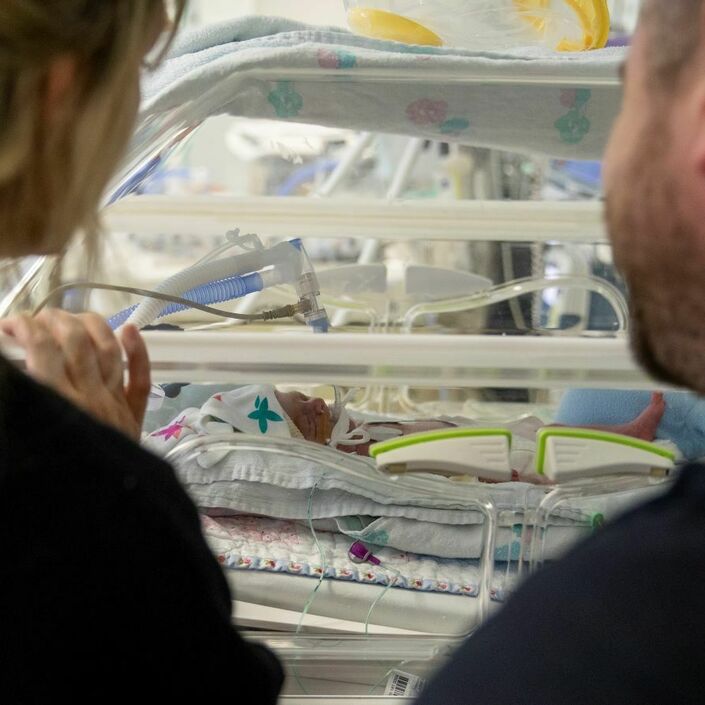Maternity Allowance is meant to help mums take time off work when they have a baby.
It is a temporary benefit, paid in the late stages of pregnancy and while your baby is young. It goes straight into your bank account. You do not have to pay tax or National Insurance on it. If you have Maternity Allowance, it will affect how much you get for other benefits, such as Universal Credit and Income Support.
You can find more information on the government website.
Who can claim
If you don’t qualify for Statutory Maternity Pay, you might be able to get Maternity Allowance. This could happen if you:
- are unemployed but have worked in the past
- have recently changed jobs
- have a low income, work part-time, or are self-employed.
If your baby was born prematurely, you can usually still get Maternity Allowance. You can claim Maternity Allowance after your 26th week of pregnancy. It’s important to contact your Job Centre straight away.
Statutory Paternity Leave is meant to help dads take time off work after their babies are born. You apply through your employer. You can choose to take either 1 or 2 weeks’ leave and can take this leave at any point from the day your baby is born until 52 weeks after the birth. This will need to be agreed with your employer.
Statutory Paternity Pay is a temporary payment until you go back to your job. If you qualify, you receive it through your wage packet. The payment will be taxed, just like income.
Who can claim
You must be the baby’s dad or the mum’s husband, partner or civil partner, with responsibility for the child’s upbringing. You quality for Statutory Paternity Leave if you are an employee and you give your employer the correct notice. It does not matter how much you earn.
To qualify for Statutory Paternity Leave and Pay, you need to have been working for your employer for at least 26 weeks before the qualifying week. The qualifying week is 15th week before the baby’s due date.
If your wages are low and do not reach the minimum amount, you might not qualify for Statutory Paternity Pay. You also might not get it if you work part-time. It depends on how much you earn.
You can still get Paternity Leave or Pay if your baby is:
- born premature
- stillborn from 24 weeks of pregnancy.
You can get more information from your employer’s human resources department or your local trade union.
You can share up to 50 weeks of leave and up to 37 weeks of pay between you and your partner.
You need to share the pay and leave in the first year after your child is born or placed with your family.
You can use Shared Parental Leave (SPL) to take leave in blocks separated by periods of work, or take it all at once. You can also choose to be off work together or at different times.
Who can claim
To be eligible for SPL and Statutory Shared Parental Pay (ShPP), both parents must:
- share responsibility for the child at birth
- meet work and pay criteria - these are different depending on which parent wants to use the shared parental leave and pay.
There is different criteria for the following:
- If both parents want to share the SPL and ShPP.
- If the mother’s partner wants to take the SPL and ShPP.
- If the mother wants to take SPL and ShPP.
For more information, visit this page on the government website.
If you are an employee and your baby has died, you have a day one right to Parental Bereavement Leave. Any employed parent whose child has died before their 18th birthday on or after 6 April 2020 will receive 2 weeks statutory leave for each child that has died. This includes parents of children who are stillborn after 24 weeks pregnancy.
You may also be entitled to Statutory Bereavement Pay. This is where anyone whose child has died before their 18th birthday on or after 6 April 2020 is paid at the statutory rate during their 2 weeks of leave.
You will need to take Parental Bereavement Leave and Statutory Bereavement Pay within 56 weeks of your child’s death or stillbirth. You can take this either as a 2 week block, or two blocks of one week each.
We have more information about bereavement and where you can find support.
Who can claim
All employed parents are entitled to Parental Bereavement Leave, and can take it within 56 weeks of the child’s death or stillbirth. It applies to anyone who:
- is the child’s legal parent (including adoptive parents)
- has parental responsibility for a child
- has had day to day responsibility for a child for 4 continuous weeks
- is the partner of anyone who qualifies if they have been living with the child and have an long-term family relationship with them.
Visit the government website for information about your eligibility.
Whether you are entitled to Statutory Bereavement Pay depends on:
- the amount you earn
- how long you have been working for your current employer (over 26 weeks).
If you are unsure if you are entitled to Statutory Bereavement Pay, talk to your human resources (HR) department or local trade union.
For more information, visit:
More resources about parental leave and pay
- The government website
- Citizens Advice
- Some local authorities have welfare rights officers. You can phone your social services department and ask about this.
- Some voluntary organisations such as Gingerbread and Working Families give information and advice on benefits and rights at work.
- You can call ACAS on 08457 474 747 for more advice on your rights at work.


